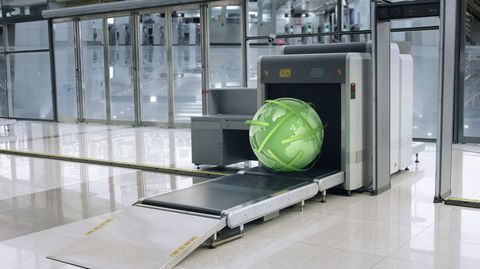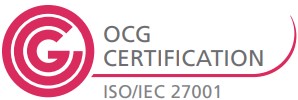The World Trade Organization (WTO) has agreed to set up a dispute panel regarding complaints from Chinese Taipei and Japan over Indian tariffs on technology products.
A request by the two countries had previously been blocked by India in June, but they repeated the call for review and, as part of current regulations, a panel must be formed under such circumstances.
The complaint centers around Japan and Chinese Taipei's allegations that India is applying tariffs on ITC products that exceed the bound rate set out in the WTO's schedule of commitments.
These products include telephones for cellular networks, parts of telephone sets and machines for the conversion of voice data.
It is claimed that India has committed to zero per cent bound tariffs on such products and therefore the country is flouting the law in applying high levies.
The complaint also suggests that less favorable treatment is being applied by India to ICT products from Chinese Taipei.
India said it is disappointed by the repeated applications to the WTO and insists that it is not only fully committed to the law referred to as ITA-1, but has also been rigorously abiding by it.
The Asian nation said the complainants are simply taking advantage of an error India made when it upgraded its tariff lines to a new system and also reiterated that it would not agree to the establishment of a single WTO panel for three complaints.
Now, the WTO's Dispute Settlement Body (DSB) has agreed to establish a panel and countries including the US, UK, Thailand, Korea and Canada have all reserved their third party rights to participate in the proceedings.
However, the DSB typically takes up to one-and-a-half years to pass a ruling, so progress may be slower than these interested parties perhaps hope.
Add in the delays on proceedings due to coronavirus and the fact that the WTO's Appellate Body has been out of action since December 2019 and the complaint may not be resolved for some time yet.


